The world of business runs on electricity, and having a reliable power supply is crucial for ensuring uninterrupted operations. One essential component in this process is the cable 220V, which acts as a conduit to transmit electricity safely and efficiently. In this article, we will delve into the various aspects of cable 220V, discussing its importance, types, applications, and key considerations to keep in mind when selecting the right cable for your business needs. Understanding Cable 220V: Cable 220V refers to an electrical cable capable of carrying alternating current (AC) at a voltage level of 220 volts. It is commonly used in commercial and industrial settings to power heavy-duty equipment such as machinery, large appliances, and lighting systems. Due to the higher voltage level, these cables are designed to handle increased power loads and ensure smooth power transmission over longer distances. Types of Cable 220V: 1. Power Cables: Power cables are the most common type of cable used in commercial and industrial settings. These cables are designed to transmit high-voltage electricity over long distances, ensuring consistent power delivery. They often feature thick insulation and protective sheathing to withstand external factors such as moisture, heat, and physical damage.

.
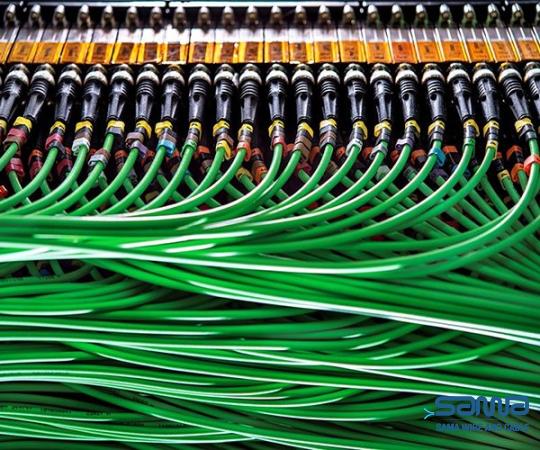 2. Flexible Cables: Flexible cables are ideal for applications requiring mobility or frequent wiring changes. These cables are typically used in environments where equipment needs to be regularly moved or rearranged, such as construction sites, trade shows, or manufacturing plants. The flexibility of these cables allows for easy installation and reduced downtime. 3. Armored Cables: Armored cables are constructed with an additional layer of protection, usually made of metal. This armored layer provides enhanced protection against physical damage or rodent attacks. Armored cables are commonly used in areas where cables are exposed to mechanical stress, vibrations, or harsh environments. Applications of Cable 220V: Cable 220V finds applications in a wide range of industries, including manufacturing, construction, healthcare, hospitality, and more. Some common uses include: 1. Powering heavy machinery and equipment.
2. Flexible Cables: Flexible cables are ideal for applications requiring mobility or frequent wiring changes. These cables are typically used in environments where equipment needs to be regularly moved or rearranged, such as construction sites, trade shows, or manufacturing plants. The flexibility of these cables allows for easy installation and reduced downtime. 3. Armored Cables: Armored cables are constructed with an additional layer of protection, usually made of metal. This armored layer provides enhanced protection against physical damage or rodent attacks. Armored cables are commonly used in areas where cables are exposed to mechanical stress, vibrations, or harsh environments. Applications of Cable 220V: Cable 220V finds applications in a wide range of industries, including manufacturing, construction, healthcare, hospitality, and more. Some common uses include: 1. Powering heavy machinery and equipment.
..
 2. Lighting large spaces such as warehouses, factories, and parking lots. 3. Providing electricity to commercial and residential buildings. 4. Supplying power to HVAC systems, elevators, and escalators. Choosing the Right Cable 220V: When selecting the appropriate cable 220V for your specific business needs, the following factors should be considered: 1. Load Capacity: Ensure that the cable is capable of carrying the required power load without overheating or causing power losses. The cable should be chosen based on the maximum current it is expected to carry. 2. Insulation and Sheathing: Consider the surrounding environment and select cables with appropriate insulation and protective sheathing to withstand temperature variations, moisture, chemicals, and physical stress.
2. Lighting large spaces such as warehouses, factories, and parking lots. 3. Providing electricity to commercial and residential buildings. 4. Supplying power to HVAC systems, elevators, and escalators. Choosing the Right Cable 220V: When selecting the appropriate cable 220V for your specific business needs, the following factors should be considered: 1. Load Capacity: Ensure that the cable is capable of carrying the required power load without overheating or causing power losses. The cable should be chosen based on the maximum current it is expected to carry. 2. Insulation and Sheathing: Consider the surrounding environment and select cables with appropriate insulation and protective sheathing to withstand temperature variations, moisture, chemicals, and physical stress.
…
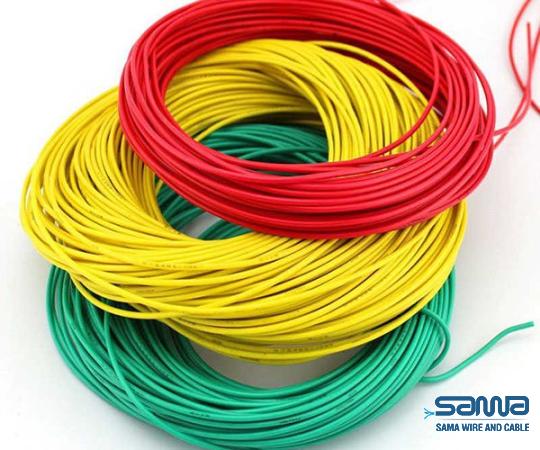 3. Size and Length: The cable size should be determined by the power load, voltage, and cable length. Consult electrical codes and regulations to ensure compliance and safety. 4. Quality and Certification: Opt for high-quality cables that meet industry standards and carry relevant certifications. This ensures reliability, durability, and compliance with safety regulations. Conclusion: Cable 220V plays a vital role in maintaining a stable and uninterrupted power supply for commercial and industrial businesses. By understanding the different types, applications, and key considerations when selecting the right cable, businesses can ensure a safe and efficient electrical network. Ensuring reliable power transmission will not only benefit operational productivity and equipment longevity but also offer peace of mind, enabling businesses to focus on their core activities.
3. Size and Length: The cable size should be determined by the power load, voltage, and cable length. Consult electrical codes and regulations to ensure compliance and safety. 4. Quality and Certification: Opt for high-quality cables that meet industry standards and carry relevant certifications. This ensures reliability, durability, and compliance with safety regulations. Conclusion: Cable 220V plays a vital role in maintaining a stable and uninterrupted power supply for commercial and industrial businesses. By understanding the different types, applications, and key considerations when selecting the right cable, businesses can ensure a safe and efficient electrical network. Ensuring reliable power transmission will not only benefit operational productivity and equipment longevity but also offer peace of mind, enabling businesses to focus on their core activities.

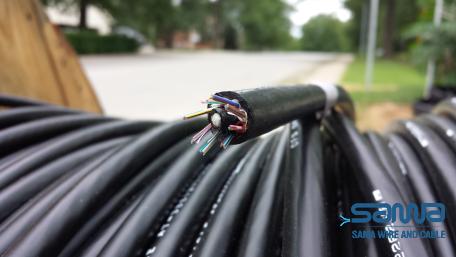
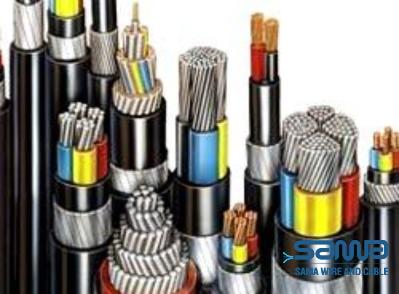


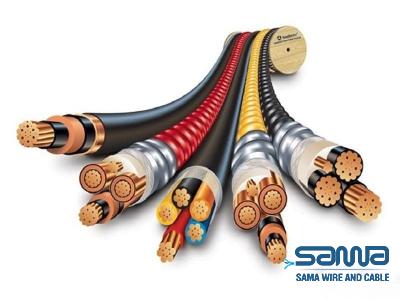
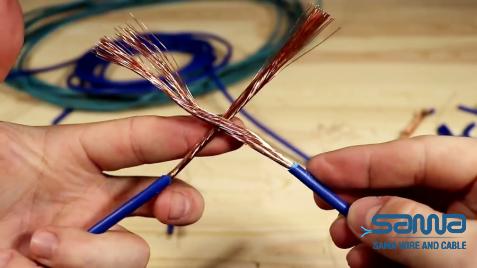
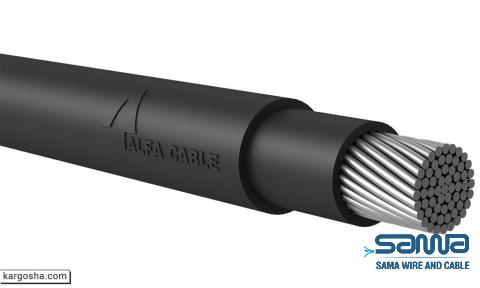
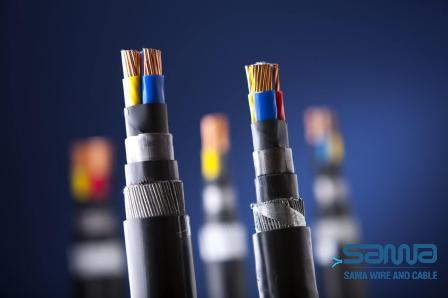

Your comment submitted.